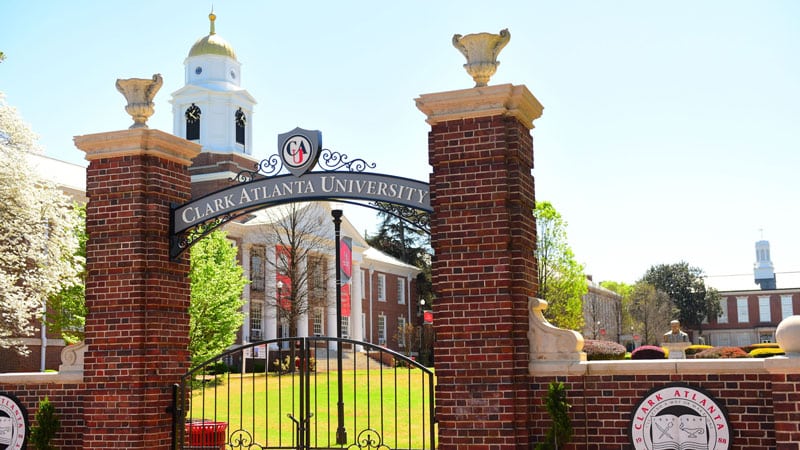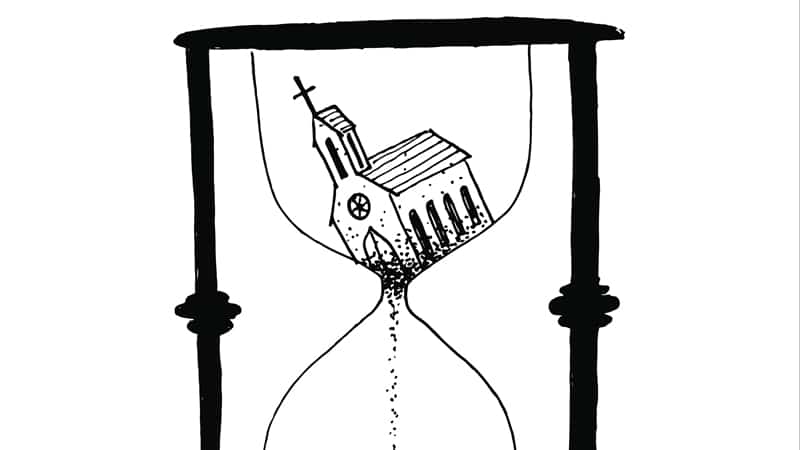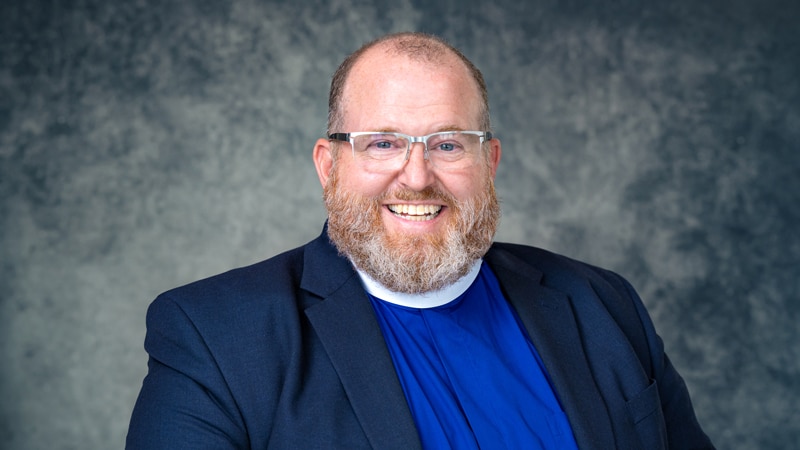Monday Reflections: From Whence Comes Hope?
In these uncertain times in higher education, we asked UM chaplains what gives them hope.
For the next two weeks, we’ll share their reflections to encourage and strengthen you in your work and ministry.
"Hope" is the thing with feathers –
That perches in the soul –
And sings the tune without the words –
And never stops – at all – " – Emily Dickinson
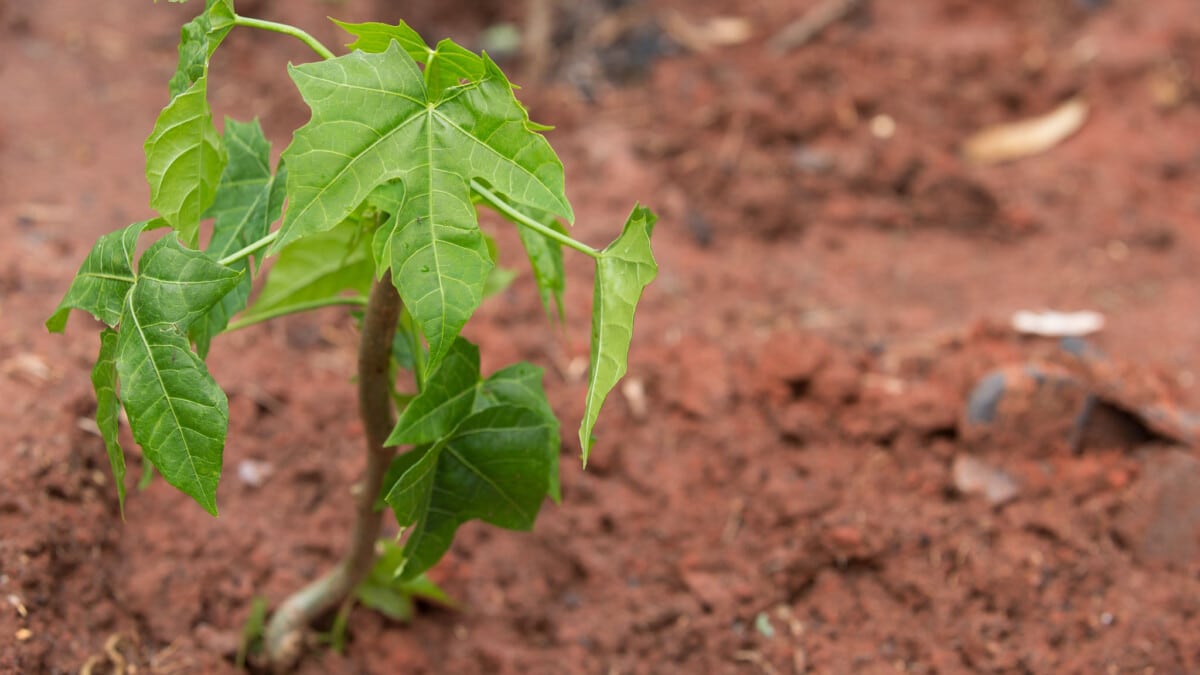
I see people setting their hands and hearts to cultivating gardens of life in the shadow of a world falling apart. These days, my hope grows from what we are planting. Photo by Mike DuBose, UM News.
The Rev. Dr. Richard Anthony Purcell, Campus Pastor at Dakota Wesleyan University
From whence comes hope? These days…my hope comes from the particulars of life. From the particulars of creation and my community, from particular people and specific relationships.
For the last century or so, we've framed grand theories of society, reality and progress — hanging our hopes and future upon them. But in the last decade, for me, such theories have become less compelling and substantive. For example, under the Clinton, Bush and Obama administrations, I felt a sense of momentum and hope in big-picture visions of progress toward global political improvement and increasingly inclusive communities! A trust in the Kingdom of God coming to life on earth, among us as it is in heaven, felt tangible and true. Nowadays, I have little hope in these grand frameworks. Even grand theologies seem to pale in the face of our current circumstances…
And yet, I do find hope in the particulars. In the particular people I meet, work alongside and watch pursue their callings even in the face of the world's challenges and pushback. I find hope in the young people I witness bringing God's Kingdom to life in this particular community. In the spirit of Proverbs 19:8 – a verse I think reads truest as "The one who cultivates empathy loves their soul; the one who nurtures understanding finds goodness" – they choose to cultivate empathy and discover the good in our particular circumstances, even though our situations are frightening to know and difficult to love.
These days, Dickinson's imagery resonates with my soul in a way it didn't before. I'm convinced hope is a delicate thing: a "thing with feathers." Not a grand theory, mechanism or machine. Another way to frame this sense of hope is with the prophet Jeremiah's imagery: hope is found in the planting of gardens. Jeremiah, in the shadow of an oppressive empire, begged the people of God to build houses and plant gardens while seeking the flourishing of their neighbors, the flourishing of those who hated and enslaved them. And today amidst the lies, hatred, violence and death that threatens to overwhelm us, I see hope in the individuals around me who are willing still yet to sow seeds in their communities.
"Thus says the Lord of hosts, the God of Israel, to all the exiles whom I have sent into exile from Jerusalem to Babylon: Build houses and live in them. Plant gardens and eat their produce…Seek the flourishing of the city where I have sent you into exile, and pray to the Lord on its behalf, for in its flourishing you will find your flourishing." – Jeremiah 29:5
My hope springs from students choosing to spend their Thanksgiving break hearing the stories of the homeless as they build new relationships. My hope comes from witnessing young people intentionally craft ecumenical Catholic-Protestant faith life groups and worship on our campus. My hope grows in the soil of college students willing to invest their time in encouraging local high school students to create spaces for faith exploration with their peers. My hope sings with the song of students, staff and faculty working creatively to address the challenge of middle and high school students right here in our community who go home without enough food, clothing or school supplies. I find hope in particular people: Sharien, Dionne, Haylon, Lizzie, Gracie, Camille and Caleb.
I am witnessing a community intentionally growing love and beautiful things, rather than giving in to the hatred of "us vs. them" rhetoric. I see people setting their hands and hearts to cultivating gardens of life in the shadow of a world falling apart. These days, my hope grows from what we are planting. When I pay attention, even just for a day, to the beautiful solutions, practices and relationships that my community is planting, I find a hope growing in me that empowers me to continue pursuing a more just and beautiful world.
I pray that you might encounter God in the particulars of a morning's sunset, a colleague's smile, and a student's exuberance to serve others. May your hope be enlivened by the seeds of life you encounter in the particulars of creation and your community.
A Poet's Prayer: "Pull from your suffering a morsel of hope and forgive your captors. Forgive the ones that made you bleed, let them go, for it is time for us to build. No. It is time for us to sow. No. It is time for us to become the seed, to live in proximity, to lay our lives down so that others one day can simply breathe. Empty the barns in which you've stored. Build a bigger table. Invite your enemies over for dinner and open up your doors. Love your neighbors like you love yourself and love yourself like you love your neighbors and, for the love of God, remember the poor." — Joshua Luke Smith, "Sunflowers in Babylon"
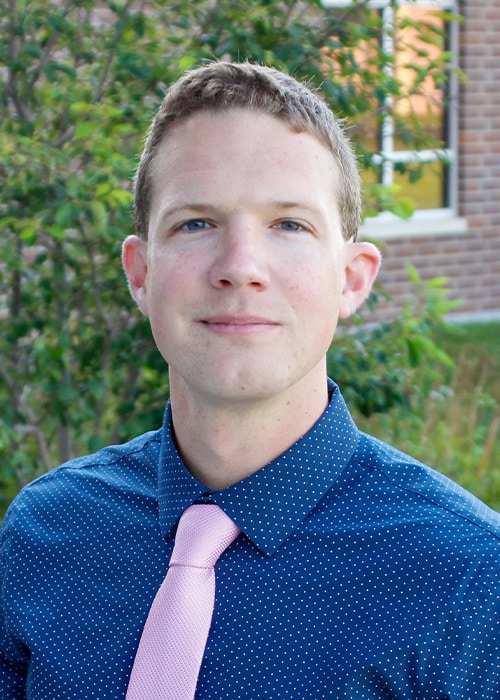
Rev. Dr. Richard Anthony Purcell
Campus Pastor, Dakota Wesleyan University
Related Posts
“[The Black College Fund] provides the consistent operational support needed to stabilize the institution in an era when many universities face unpredictability. This support ensures our schools can meet payroll, retain talent, and focus on long term strategic planning — not crisis management," said Dr. George T. French, Clark Atlanta University president.
Now, in a new office and new setting, that Scott Erickson print hangs proudly. You’ll see it just over my shoulder on Zoom calls, reminding me that What I love is God and God’s people coming together, wherever and however we may do so.
As the chaplain and director of the Kay Spiritual Life Center at American University in Washinton, D.C., the Rev. Eric Doolittle approaches campus ministry with the same spirit that Lent invites: a season of looking again, slowing down, and seeing the world anew.
